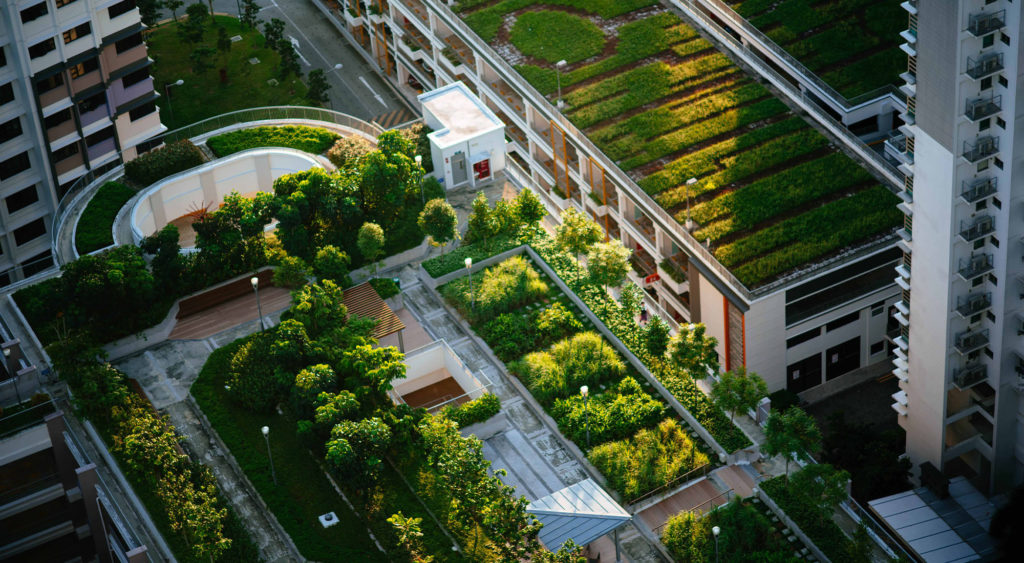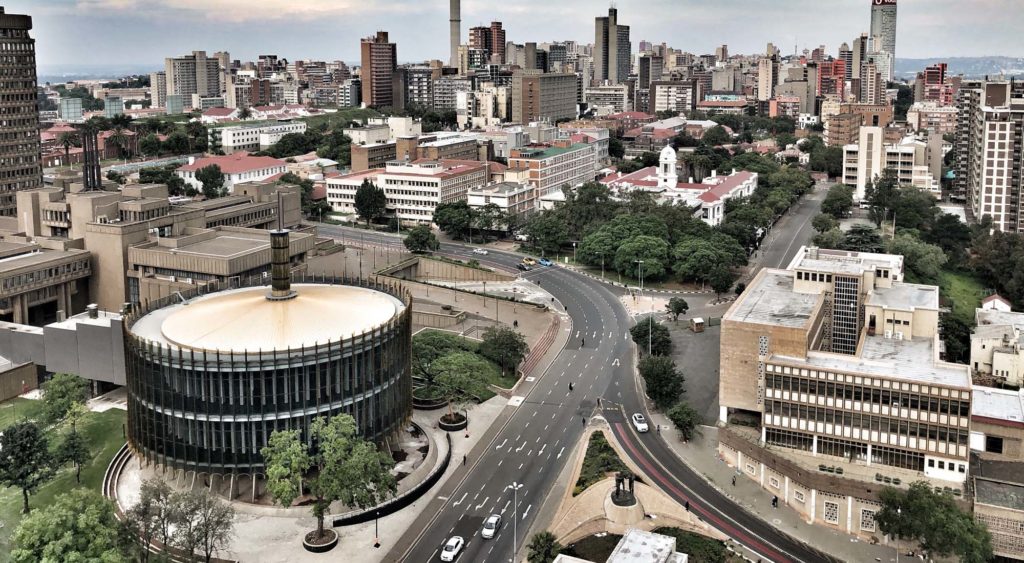
Photo: Chuttersnap / Unsplash
Introduction
Infrastructure systems play a key role in meeting the Sustainable Development Goals (SDGs); they underpin economic growth and enable access to basic services and economic opportunities that improve livelihoods and well-being. But at the same time, if not done right, infrastructure development can have significant negative consequences for people, the climate, and nature.
Infrastructure systems themselves are also under threat from climate-induced hazards that can cause severe damage to infrastructure systems: for example, the World Bank estimates that the city of Kigali has suffered a total damage cost of US$282.43 million as a result of flooding in 2018 alone.
In the East African region, an estimated US$6.1 billion will need to be invested in infrastructure per year to support development needs, according to the World Bank, and it is essential that this investment goes into well-planned sustainable and resilient infrastructure.
To address this need, the UN Environment Programme is working together with the Rwandan Ministry of Environment to strengthen institutional knowledge and capacity to build sustainability and resilience in infrastructure planning and development in Rwanda and other countries in the region.
To this end, the partners are piloting a recurring capacity development programme, tailored to the region’s priorities and practical needs.
Course Objectives
As a part of the programme, this course is designed to increase the participants’ understanding of opportunities and challenges associated with sustainable and resilient infrastructure, as well as the policy conditions to enable and address them, and introduce different tools for incorporating sustainability into infrastructure development.
The course will cover topics related to planning, financing, and implementing sustainable and resilient infrastructure in both rural and urban contexts. The acquired knowledge can then be incorporated into decision-making processes.

Photo: Denys Nevozha / Unsplash
Synopsis of the Topics
Topics to be covered include:
- International Good Practice Principles for Sustainable Infrastructure
- Access to green finance: IFIs funding mechanisms for sustainable infrastructure
- Systems-level infrastructure planning: Analyzing climate hazards and adaptation needs for infra systems resilience
- Nature-based infrastructuresolutions; Introduction, global standards for NBS, Valuing social, economic & environment co-benefits of NBI
- Resilient and sustainable social housing: Transforming informal urban settlements through the provision of sustainable and affordable social housing/infrastructure services
- Landscape scale infrastructure Planning
- Creating an enabling green digital policy framework: investment opportunities for green digital infrastructure for an inclusive green economy, scalable green business models enabled by digitalization
- Climate (spatial) data and digital infrastructure for enhanced forecasting and early warning systems
Duration
The course will be held online from 30 November to 08 December 2021
The synchronous sessions will be conducted from 1pm to 4pm (Central Africa Time/GMT+2), with breaks when appropriate.
Target Audience
The target audience for the course may include a broad range of government agencies and other stakeholders involved in infrastructure planning, delivery, operation, monitoring, and evaluation. This could include representatives from ministries of environment, finance, economy, development, strategic planning, labour, and other relevant ministries from the Governments of Rwanda, Uganda, Kenya and Ethiopia.
Successful applicants should be:
- Upper working-level/technical-level decision makers and policymakers involved in infrastructure planning, investment or management of infrastructure projects;
- Nominated by their respective Governments;
- With reliable access to high-speed internet throughout the course period;
- Proficient in written and spoken English.
Upon successful completion, participants will receive a UN certificate of completion.

Photo: Clodagh da Paixao / Unsplash
Apply Here
The registrations are now closed.
About the Organisers
Rwanda’s Ministry of Environment
The Ministry of Environment is the coordinating institution of Environment and Natural Resources Sector in Rwanda. It was established to ensure development of the environment. It must also ensure the safeguard of green and climate resilient for growth of the economy and ensure optimal and rational utilisation of Water Resources, Lands and Forests for sustainable national development.
To achieve its mission of ensuring the conservation, protection and development of the environment, the Ministry of environment has two main departments: The Environment and Climate Change and Land, Water and Forestry, and established Single Project Implementation Unit in charge of project management
UN Environment Programme
UNEP is the United Nations system’s designated entity for addressing environmental issues at the global and regional level. Its mandate is to coordinate the development of environmental policy consensus by keeping the global environment under review and bringing emerging issues to the attention of governments and the international community for action.
Beginning in 2018, UNEP’s Sustainable Infrastructure Partnership has been working to promote integrated approaches to sustainable infrastructure by raising awareness, facilitating international collaboration, and supporting capacity building.
UN Institute for Training and Research
The United Nations Institute for Training and Research (UNITAR) provides innovative learning solutions to individuals, organizations and institutions to enhance global decision-making and support country-level action for shaping a better future.
UNITAR’s Green Development and Climate Change Programme Unit (GCP) develops the capacities of individuals and training institutions in developing countries to advance green and climate resilient development in support of Agenda 2030. The GCP Unit offers a range of services, including executive training, capacity development for education and training institutions, support for national learning strategies, learning methodology development, and knowledge-sharing. Activities are carried out through partnerships with other UN organizations, bilateral development partners, as well as leading learning institutions and think tanks. GCP also hosts the Secretariat for UN CC:Learn, the One UN Climate Change Learning Partnership (www.uncclearn.org) and is a member of the Partnership for Action on Green Economy (PAGE) (www.un-page.org).

Partners and Contributors
The course is sponsored by the UN Environment Programme, with the financial support of the Global Environment Facility and the Ministry of Ecology and Environment of the People’s Republic of China, under the Rwanda-UN Environment Joint Training Programme.
